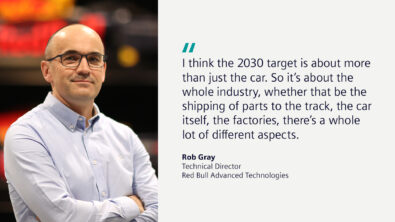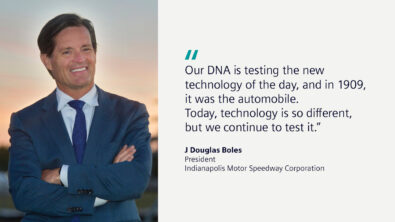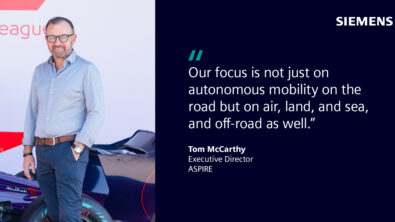The importance of electronics devices to autonomous vehicles

Today on the Future Car Podcast, Nand Kochhar, VP of Automotive and Transportation Industries, and Conor Peick, Thought Leadership Team Writer, continue a series of conversations on autonomous vehicles and how they will shape the future of mobility. While many details about AVs are uncertain at this time, it’s clear that they will require a significant amount of extremely advanced electronics hardware to operate. Specific numbers may range, but many experts expect an autonomous vehicle will require around 30 advanced sensors and immense processing capabilities to safely navigate a complex and dynamic driving environment. So how do companies account for such a huge increase in complexity, power, and data in a vehicle network? And what implications do the requirements of an AV have on the design and development of these sensor and processing devices?
To help dive into the world of sensors, processors, and all things electronics, Nand and Conor are joined by Alan Porter, Vice President of the Electronics and Semiconductors Industry at Siemens Digital Industries Software.
What you will learn about in this episode:
- How electronics devices have become a critical piece of modern vehicles, and why this growth has occurred
- The design challenges of integrating multiple sensors, processors, and other devices into a modern vehicle platform
- Why automakers are moving into the semiconductor design and manufacturing space, and how the demands of an automotive application impact chip design
- The progress of sensing technology, such as LIDAR and camera devices
- Why collaboration will be crucial to vehicle design teams and how digitalization can support companies as they develop the vehicles of tomorrow
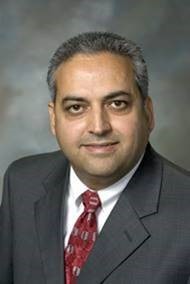
Nand Kochhar – VP, Automotive & Transportation Industry
Nand Kochhar is the vice president of Automotive and Transportation Industry Strategy for Siemens Digital Industries Software. He joined Siemens in 2020 after nearly 30 years with Ford Motor Company, where he most recently served as Global Safety Systems Chief Engineer. In this capacity, Kochhar was responsible for vehicle safety performance of all Ford and Lincoln brand products globally. He also served as Executive Technical Leader, CAE, and as a member of Ford’s Technology Advisory Board. Kochhar’s tenure at Ford also included executive engineering leadership across a range of disciplines including in product development, manufacturing, digitalization, simulation technology development and implementation.
Kochhar has additionally been active in SAE International, where he has served as Chairman of the Executive standards committee, leader of a cross-industry group focused on driving standards for mobility, autonomous vehicle development, electrification and connectivity. Kochhar also served as Chairman of SAE’s Motor Vehicle Council for 2015-16 terms, after which he was named the Vice Chair of Technical Standards Board (TSB) in 2017 and then TSB Chair in 2018 and 2019.
Kochhar graduated from Missouri University of Science and Technology (Missouri S&T) with a master’s degree in Engineering Mechanics. He was inducted as a member of the Academy of Mechanical and Aerospace Engineers at Missouri S&T in 2005. He lives in Northville, Michigan with his wife and two kids.

Alan Porter – VP of Electronics & Semiconductor Industry
Alan is a successful executive with high technical acumen and a special talent for leading P&Ls and multi-domain cross-functional teams in Business Strategy and Development, M&A, Product and Program Management, and Professional Services, from start-up to Fortune 500 environments. Alan’s current role at Siemens Digital Industries Software allows him to use this vast experience in the fast-paced electronics and semiconductor industry to help customer partners achieve their digital transformation goals.
Alan played a key role in bringing some of the world’s most beloved products to market including the Mac, iPhone, iPad, Apple Watch, and Airpods. With a deep background in telecommunications and electrical hardware engineering, in addition to hands-on development expertise in Enterprise Software, SaaS and Cloud Computing, Alan is currently focused on conceptualizing digital transformations for advanced electronics and semiconductor product management, development, and NPI. He has also recently focused on leveraging Big Data by applying ML, AI and blockchain technologies for supply chain traceability, data provenance, security and prescriptive data analysis.

Conor Peick – Thought Leadership Writer
Conor Peick is a Marketing Coordinator helping to create forward-looking content for the Thought Leadership team at Siemens Digital Industries Software. Conor collaborates with seasoned industry experts to produce podcasts, articles, blogs, and other forms of content focused on the trends and challenges companies face in the future, and the technologies that may provide solutions.
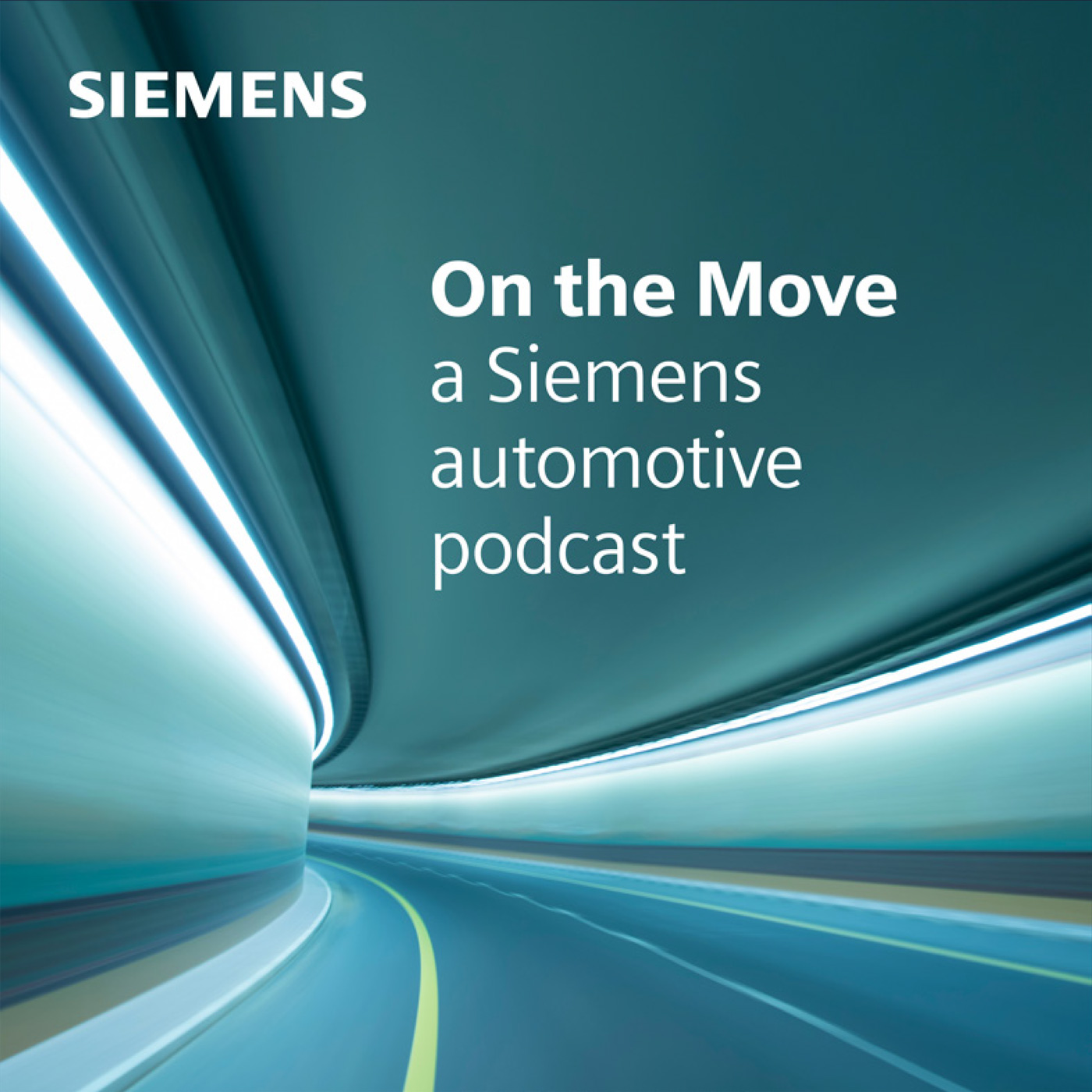
On the Move: A Siemens Automotive Podcast
The automotive and transportation industries are in the middle of a transformation in how vehicles are designed, made, and sold. Driven by an influx of new technologies, consumer demands, environmental pressures, and a changing workforce in factories and offices, automotive companies are pushing to reinvent fundamental aspects of their businesses. This includes developing more advanced and capable vehicles, identifying new revenue sources, improving customer experiences, and changing the ways in which features and functionality are built into vehicles.
Welcome to On the Move, a podcast from Siemens Digital Industries Software that will dive into the acceleration of mobility innovation amid unprecedented change in the automotive and transportation industries. Join hosts Nand Kochhar, VP of Automotive and Transportation, and Conor Peick, Automotive and Transportation Writer, as they dive into the shifting automotive landscape with expert guests from Siemens and around the industry. Tune in to learn about modern automotive design and engineering challenges, how software and electronics have grown in use and importance, and where the industries might be heading in the future.
